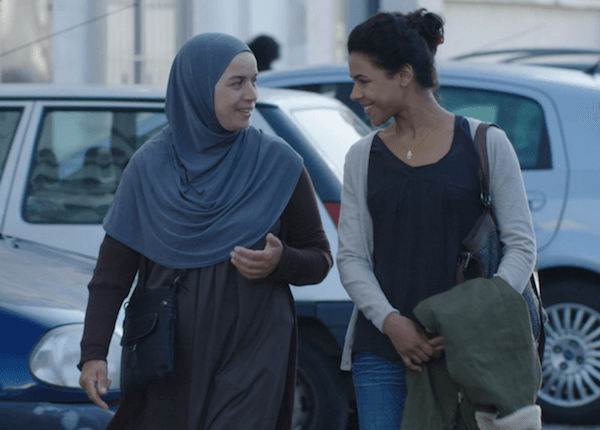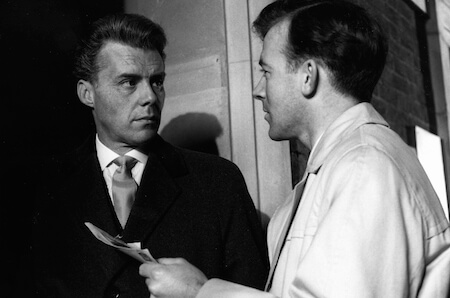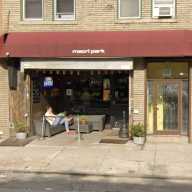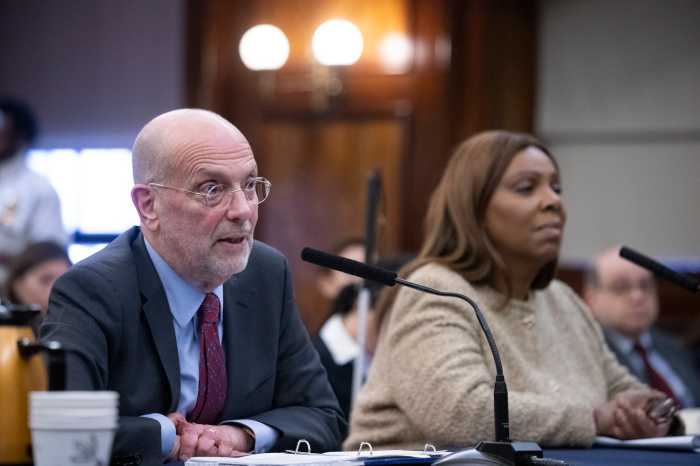Soria Zeroual and Zita Hanrot in Philippe Faucon’s “Fatima.” | KINO LORBER
In the “Musings” blog, critic Ryan Wu recently pondered why there have been so many films about the white immigrant experience and so few about Latino or Asian immigrants. He came to the conclusion that a film like “The Namesake” is expected to speak for all Asian immigrants, while “The Immigrant,” despite its title, is free to veer off into left-field tangents in its depiction of Polish immigrants.
There have been dozens of films made about French Arabs, but the perils of depicting the experience that Wu described are alive and well in France, judging from Philippe Faucon’s “Fatima.” Strict, conservative parents. Check. Good, studious girl. Check. Bad, rebellious girl. Check. All the clichés about immigrant life are present here.
Fatima (Soria Zeroual) is a middle-aged cleaning woman and single mother. She’s taking care of two daughters: 15-year-old Souad (Kenza Noah Aïche) and 18-year-old medical student Nesrine (Zita Hanrot). The girls see their father periodically, but he’s not a major part of their lives. Fatima speaks French badly and has difficulty interacting with her employers; she suspects one of leaving money around to test whether she’d steal it. Her job becomes much more difficult when she slips on the stairs and hurts her arm. She goes on medical leave and begins writing in Arabic.
Philippe Faucon’s story of French Arabs refuses to challenge audience expectations
Integration is a funny concept, one that implies that the country immigrants have moved to is superior to the one they came from. In truth, their presence changes the country they move to (just look at the number of Yiddish words present in American English), which scares enough people to fuel xenophobic politicians’ campaigns. Fatima can’t express herself well enough in French to speak at a parent-teacher conference — a point brought home clumsily by Faucon keeping her in focus and the French parents out of focus — but she writes poetry in Arabic beautifully. In fact, Fatima is inspired by the writings of a real French-Arab female author.
It’s not unrealistic that Fatima’s daughters would turn out like they have, but there’s something painfully facile about Faucon’s script. Nesrine tries her best to avoid the attention of young men on the train so she can concentrate on studying for an exam. Apart from skipping school, Souad really doesn’t seem that bad. Her rebellion lies in wearing mini-skirts, not smoking crack, planning school shootings, or even shoplifting. Her father’s hypocrisy and double standards are blatant; he claims that it’s “less okay” for girls to smoke cigarettes because it’s vulgar. I’d be happier if I didn’t get the feeling “Fatima” was pandering to white spectators’ expectations about Arab conservatism.
If the broad outline of “Fatima” is often full of crap, the details are penciled in with more care. It’s clear that Fatima and Souad love each other, no matter how much they argue, and that their differences stem in large part from the language gap between them and the fact that Souad has grown up with more open French attitudes toward sex. Just when the film seems to be taking a turn toward sadism, it allows Fatima to find her own voice, even as she still has to put up with physical pain. I don’t know Faucon’s own ethnic background — and his last name doesn’t sound Arabic — but he claims that the film was inspired by his grandmother’s struggles with the French language. Fatima’s alienation from the country she lives in, stemming first and foremost from her inability to speak its dominant language, comes across loud and clear. If the film has a happy ending, it comes in large part from Fatima’s rediscovery of Arabic.
I just wish “Fatima” was able to express all this in a way that didn’t make me think of a Paul Haggis script. The film won the 2016 César, the French equivalent of the Oscar, for best film. Sadly, it’s guilty of the kind of ideas we call “Oscar bait” in American cinema.
FATIMA | Directed by Philippe Faucon | Kino Lorber | In French and Arabic with English subtitles | Opens Aug. 26 | Film Society of Lincoln Center, 165 W. 65th St. | filmlinc.org




































